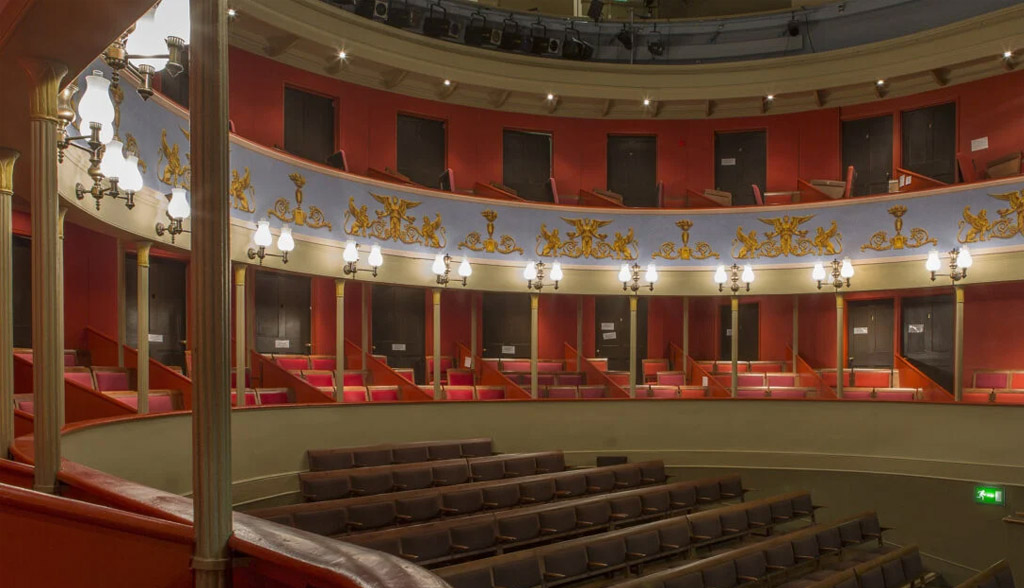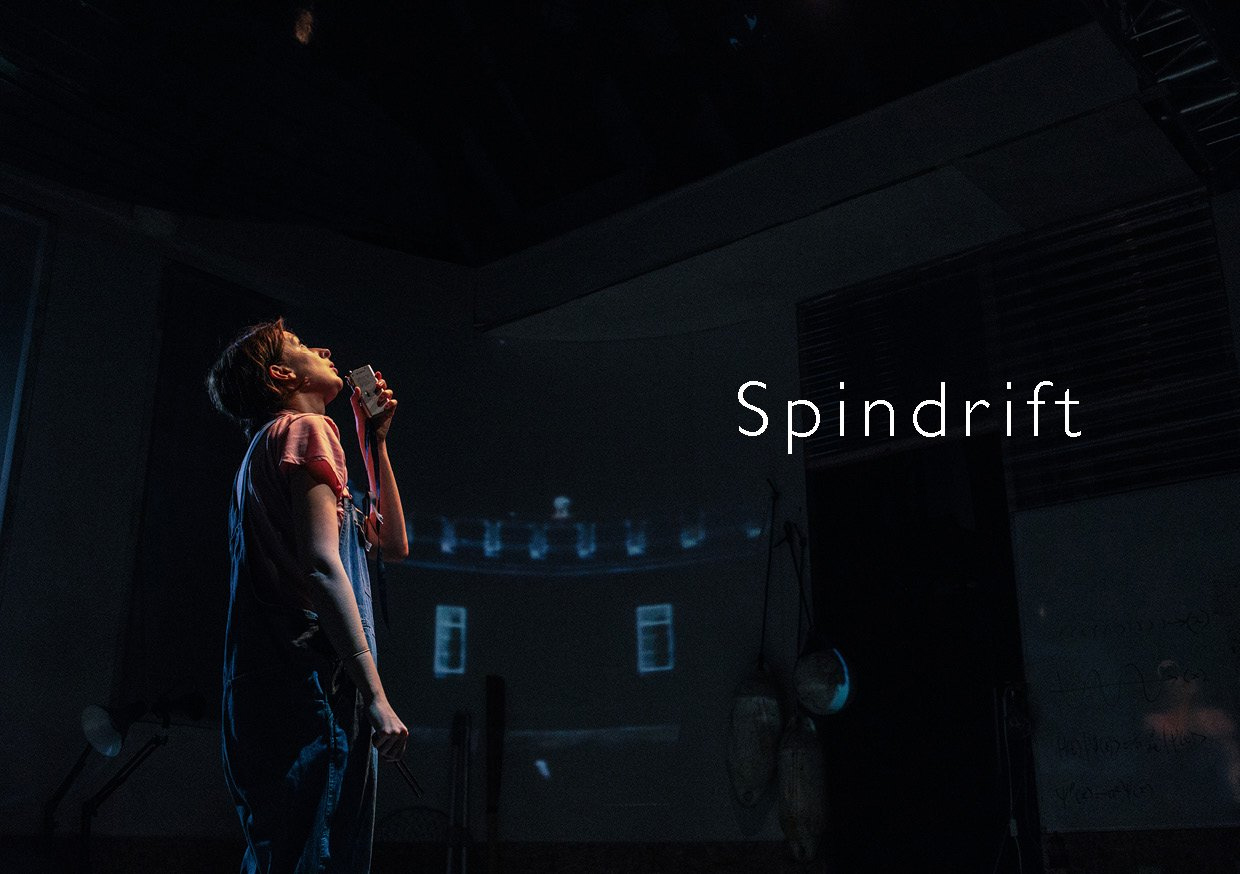(Originally published in The Stage on 22/2/22)
Bernard Slade’s witty romantic comedy exploring the deepest questions we ask ourselves about love and life was first performed in New York in 1975. Slade’s writing has aged gracefully, and this highly entertaining and thoughtful touring production from London Classic Theatre savours every sparkling facet offered by the text, both comedic and poignant.
Director Michael Cabot’s production is notable for the superb physical comedy and timing of its two cast members Sarah Kempton and Kieran Buckeridge, who play Doris and George, a couple whose extramarital one-night stand turns into something that lasts.
Cabot’s excellent direction lands the first laugh before a word is spoken, when the lights come up, and the audience sees Kempton and Buckeridge’s matched shocked stares into different middle distances, awkwardly posed together in bed, the morning after the first night. But there is something of true love in their pairing and they agree to meet ‘same time, next year’. This plot set-up allows for the quiet blossoming of painful tensions underneath the quick-fire hilarity of their banter, as their relationship plays out through time, changing fortunes, phases of life, hairstyles and political movements from the 1950s to the 1970s.
Bek Palmer’s set is apt and transporting: a room at a country inn in California wine country – so there’s a velvet love seat, but it’s brown; the shining wood coffee table has scrolled feet, but the bed is as square and plain as the western states; the doorway has Italianate metalwork on its steel bars, but a plain terracotta pitcher rests in an arched nook over the bed.
Kempton shines as Doris in a performance saturated with compelling grace, taking her character from a young mother who hasn’t graduated high school to a retired grandmother, via the feminist movement of the 1960s. Buckeridge gives an engaging performance, drawing heavily on Woody Allen’s style of comedic delivery, though at times he betrays a slight discomfort with the American accent.
The play always seems comedic but keeps surprising with the depths of more serious questions, such as: what is true love? Is infidelity always inherently wrong – or can it sometimes be right? Can you be in love with more than one person at a time? How does love travel through the years, and through different relationships? The tangling of uproarious, satisfying wit with these deeper questions creates a contemporary theatre experience at its best, firing both of the theatre cylinders we always want most – comedy and tragedy – at a safe, nostalgic, wistful distance.





